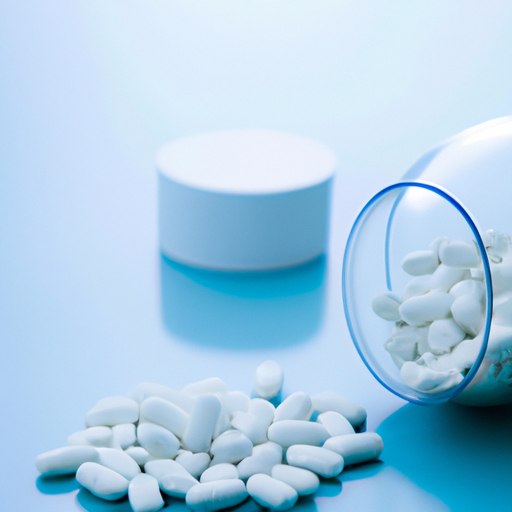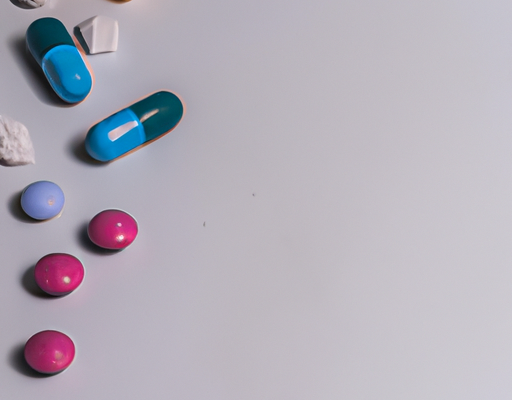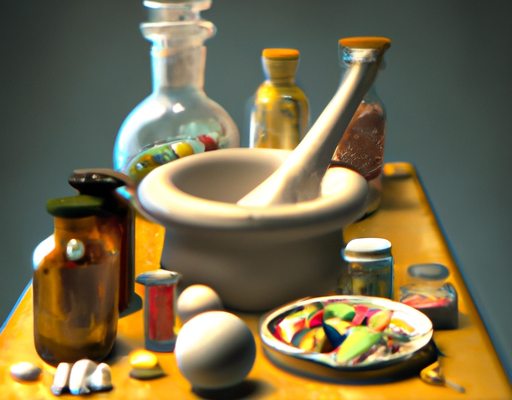Symptoms
For many people, the dreaded feeling of an itchy scalp is something they’ve experienced many times in their life. Itchy scalps can range from moderate discomfort to severe and relentless itching. With symptoms such as flaking, redness, and even soreness, the condition can be more than just a nuisance. If left untreated, the skin inflammation can be painful and ultimately lead to scabbing. The cause of scalp itching can be as varied as the symptoms, including dry skin, allergies, dandruff or an underlying skin condition. It is important to identify the source of the itching so that appropriate treatment can be started. An infected scalp may require medication, or the underlying condition may easily be remedied with over-the-counter creams or other solutions. Determining the cause of scalp itching is the first step towards finding relief.
Causes
Itchy skin can be caused by a wide range of health issues. Here are the most common causes of itchy skin:
- An allergy or skin sensitivity: This is when the skin reacts to a substance causing an eczema-like rash.
- Dry skin: Skin that is dehydrated or lacking moisture can be itchy and uncomfortable.
- Fungal infection: This causes a red, scaly or itchy rash which can become worse when exposed to moist or sweaty areas of the body.
- Insect bites or stings: This can cause a raised, red, itchy lump to form on the skin.
- Eczema: This is a chronic skin condition that can cause itchy patchy spots to appear on the skin.
- Psoriasis: This causes raised, red, scaly patches to form on the skin.
It is important to identify the cause of your itchy skin in order to receive effective treatment. If the cause is unclear or the itch persists, you should speak to a doctor or dermatologist for advice.
Treatments
If you’re suffering from an itchy skin condition, it’s important to get it treated by a medical professional. Itchy skin can be caused by various conditions including eczema and psoriasis, as well as allergic reactions. Treatments often involve applying topical creams and ointments to the skin to reduce itching and other symptoms. In some cases, antihistamines or steroid creams may be prescribed to reduce inflammation and irritation. If your itchy skin is a symptom of a more serious underlying condition, it’s important to see your doctor for further examination and treatment. In addition to medications, lifestyle modifications such as avoiding certain triggers and wearing loose-fitting clothing can help reduce discomfort and itching.
Prevention
Taking proactive steps to prevent itchy skin is the key to managing itching and discomfort. Keeping the skin well hydrated is the first step, as dry skin can make itching worse. Drink plenty of water and use a hypoallergenic moisturizer to help keep the skin moist. Avoid scorching hot showers and baths, as these can strip the skin of its natural oils, leading to further dryness and itching. Wear light and breathable clothing to help keep skin cool, as overheating can cause excessive sweating and make itching worse. Identify any environmental or chemical irritants that may be triggering the itching and try to avoid them. Guard against sunburn with the use of sunscreen, hats and other protective clothing, as skin damage can lead to itching. If all else fails, certain medications and anti-itch creams may help to soothe the skin.
When to see a doctor
If you experience persistent itchy skin, you should consider seeing a doctor. Itchy skin can be caused by a number of different conditions, and a doctor can help determine the underlying cause. Some conditions, such as allergies, can be managed with over-the-counter medications, while others, like eczema, may require prescription treatments. If your itchy skin is accompanied by a rash, redness, bumps, or blisters, it is a good idea to see a doctor. Additionally, if the itching persists for more than a few weeks, it is best to seek medical advice. A doctor can provide you with an accurate diagnosis and appropriate treatment, so that you can get relief from your itchy skin.





No Comments